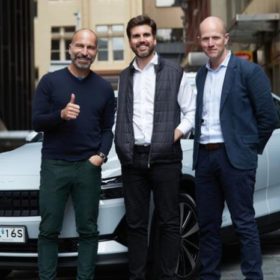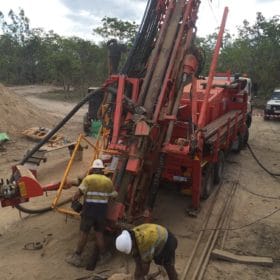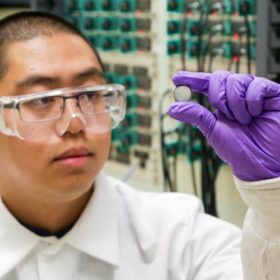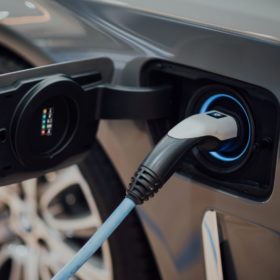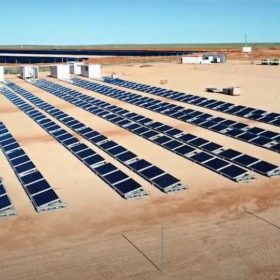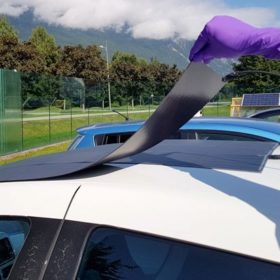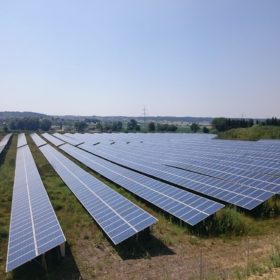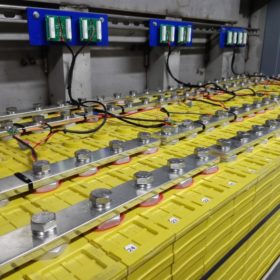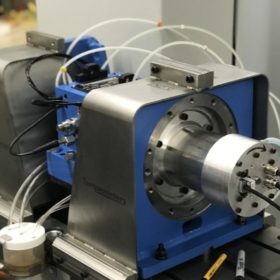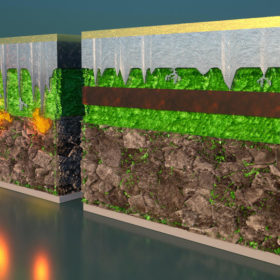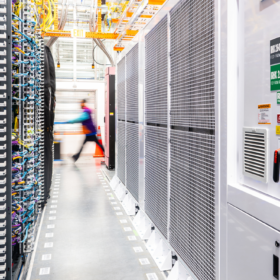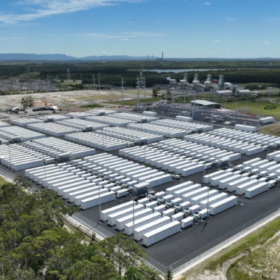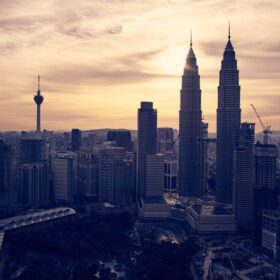Uber announces plan to accelerate rollout of EVs on Australian roads
Rideshare giant Uber plans to accelerate the roll out of electric vehicles in Australia, teaming with Sydney finance company Splend to put 500 more electric cars on Australian roads.
NT opens first lithium mine, supplying Tesla
Core Lithium’s Finniss Lithium Project just south of Darwin’s Port opened this week, supplying battery-grade lithium to electric vehicle giant Tesla, among others. Core Lithium plans to open processing facilities at the site by early next year.
Novel anode material paves way for 15-minute EV charging
US researchers have developed a novel fast-charging battery anode material, and GM has revealed a new focus on battery R&D. The European Parliament, meanwhile, has issued a number of proposals for alternative fuels infrastructure.
Bowen points to manufacturing revival as part of national EV strategy
Australia’s car manufacturing industry could be restarted as the federal government considers ways to increase the affordability, supply and uptake of electric vehicle technologies.
Oz Minerals moves on plans for ‘world’s largest’ off-grid hybrid project
South Australia resources company Oz Minerals has given the green light to a $1.7 billion copper and nickel project in Western Australia that is to be powered by a mix of solar PV and wind generation which the miner believes will become one of the largest, off-grid hybrid projects in the world.
Vehicle-integrated solar kit may reduce frequency of recharging by 14%
Developed by the French research institute Liten, the prototype kit consists of a 145 W PV panel, a magnetic rear panel, and an MPPT charge controller. It also includes a battery and a micro-inverter that can be used to inject the stored energy into the grid when the vehicle is recharged.
IRENA highlights solar critical to ASEAN energy transition
Indonesia will have to get to work installing more than 24 GW of solar this year – and every year – if the region is to achieve the 2.1 TW to 2.4 TW of photovoltaics the International Renewable Energy Agency has estimated it will require to achieve a net zero carbon energy system by 2050.
Taiwanese battery maker targets NT for manufacturing plant
The Northern Territory government has signed an agreement with Taiwanese battery company Aleees and Western Australia-based miner Avenira to develop a battery cathode manufacturing plant in Darwin.
UNSW engineers build high-speed motor to boost EV range
A team of engineers from the University of New South Wales has taken inspiration from a bridge in South Korea to develop a new magnetically driven motor which has the potential to increase the range of electric vehicles.
Rapid-charging solid-state battery moves toward commercialisation
US researchers have developed a new solid-state lithium-metal battery, and China’s SVOLT has started producing prototype solid-state cells. Toyota, meanwhile, has revealed plans to invest billions of dollars in battery production.
